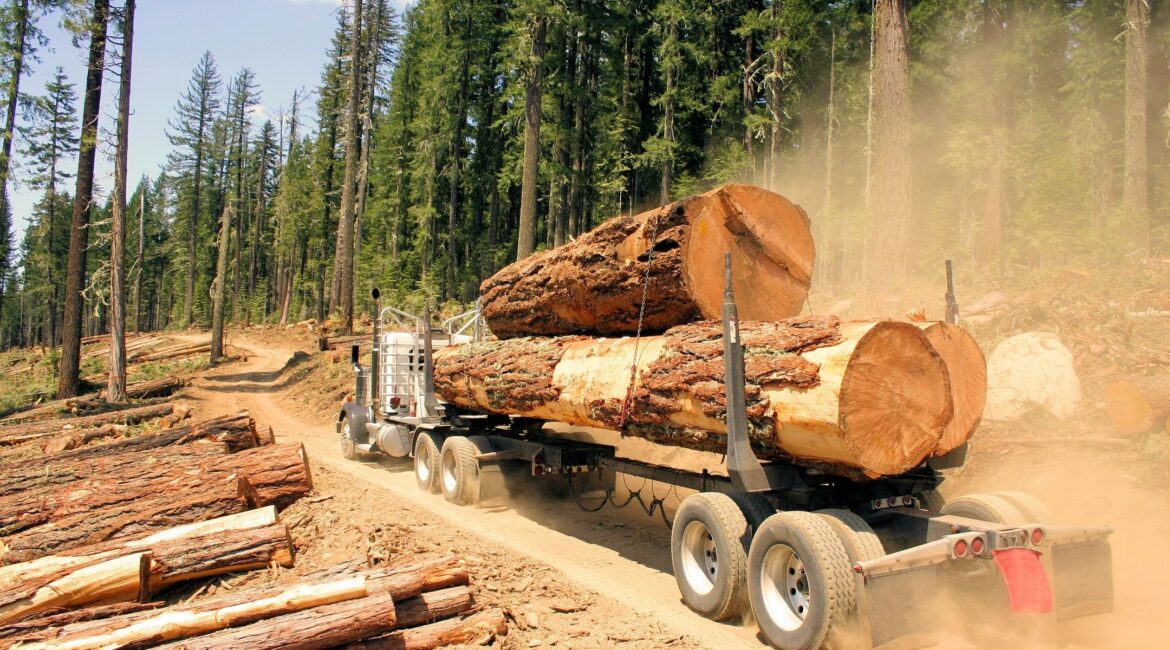Understanding Climate Anxiety: The Psychological Toll of Environmental Concerns
Excessive Worry About Climate Change? You Might Have Climate Anxiety
Climate anxiety, also known as eco-anxiety, refers to the psychological distress, fear, or worry individuals experience due to the current and potential future impacts of climate change on the environment, society, and personal well-being. It’s a specific form of anxiety that arises from concerns about the environment, biodiversity loss, extreme weather events, rising sea levels, and other consequences of climate change.
People experiencing climate anxiety may feel overwhelmed by the magnitude of environmental issues, the apparent lack of effective action to address them, and the uncertainty about the future. They may worry about the safety and well-being of themselves, their loved ones, and future generations in the face of environmental degradation and climate-related disasters.
Why is Climate Anxiety on the Rise?
Factors contributing to climate anxiety include media coverage and education in schools of environmental crises like floods and fires, exposure to traumatic climate-related events, personal experiences of environmental degradation, and feelings of helplessness in the face of complex global issues. Additionally, the lack of clear solutions or meaningful action on climate change by governments and institutions can exacerbate feelings of anxiety and distress.
Symptoms of Climate Anxiety
Signs and symptoms of climate anxiety, or ec0-anxiety can include:
- Feelings of guilt
- Feelings of hopelessness
- Sadness
- Anger
- Feelings of powerlessness
- Feelings of a lack of control
- Fatigue
- Headaches
- Difficulty sleeping
- Nightmares
- Difficulty concentrating
- Panic Attacks
It is important to seek help from a mental health professional if you have these symptoms, as they could also be signs of serious issues like anxiety disorders or depression.
Coping with Climate Anxiety
Here are some tips and strategies to cope with anxiety over climate change and environmental concerns:
- Self-Care: Focus on yourself and activities that promote relaxation and wellness. This might include meditation, deep breathing, yoga, time outdoors, and hobbies.
- Support: Seek out support from friends and family or others who might share your concerns. Join online or local support groups.
- Take Action: Participate in groups or charities that help with climate and environmental issues.
- Limit Exposure to Negative Media: Try to limit how much negative media and news you take in regarding climate issues. Take breaks and try to focus on other tasks. Try to seek out news that is reputable and not sensationalist, as some news sources can be panic-inducing.
- Seek Psychological Help: Talk to a therapist, psychologist, or psychiatrist about your feelings and concerns.
In Summary
Climate anxiety, also known as eco-anxiety, is the emotional distress and fear that people experience relating to concerns about climate change and its impacts. It usually comes from factors like media coverage of environmental crises, personal experiences with climate-related events, and feelings of powerlessness in the face of complex global issues.
Climate anxiety can show up in various ways, including feelings of hopelessness, sadness, anger, and guilt, and it can have significant impacts on mental and physical health. Coping strategies for climate anxiety include seeking support from mental health professionals, engaging in community activism and advocacy, practicing self-care techniques such as mindfulness and stress management, and fostering a sense of empowerment through individual and collective action. Addressing climate anxiety requires both personal resilience-building and systemic changes to mitigate the root causes of climate change and promote environmental sustainability.

